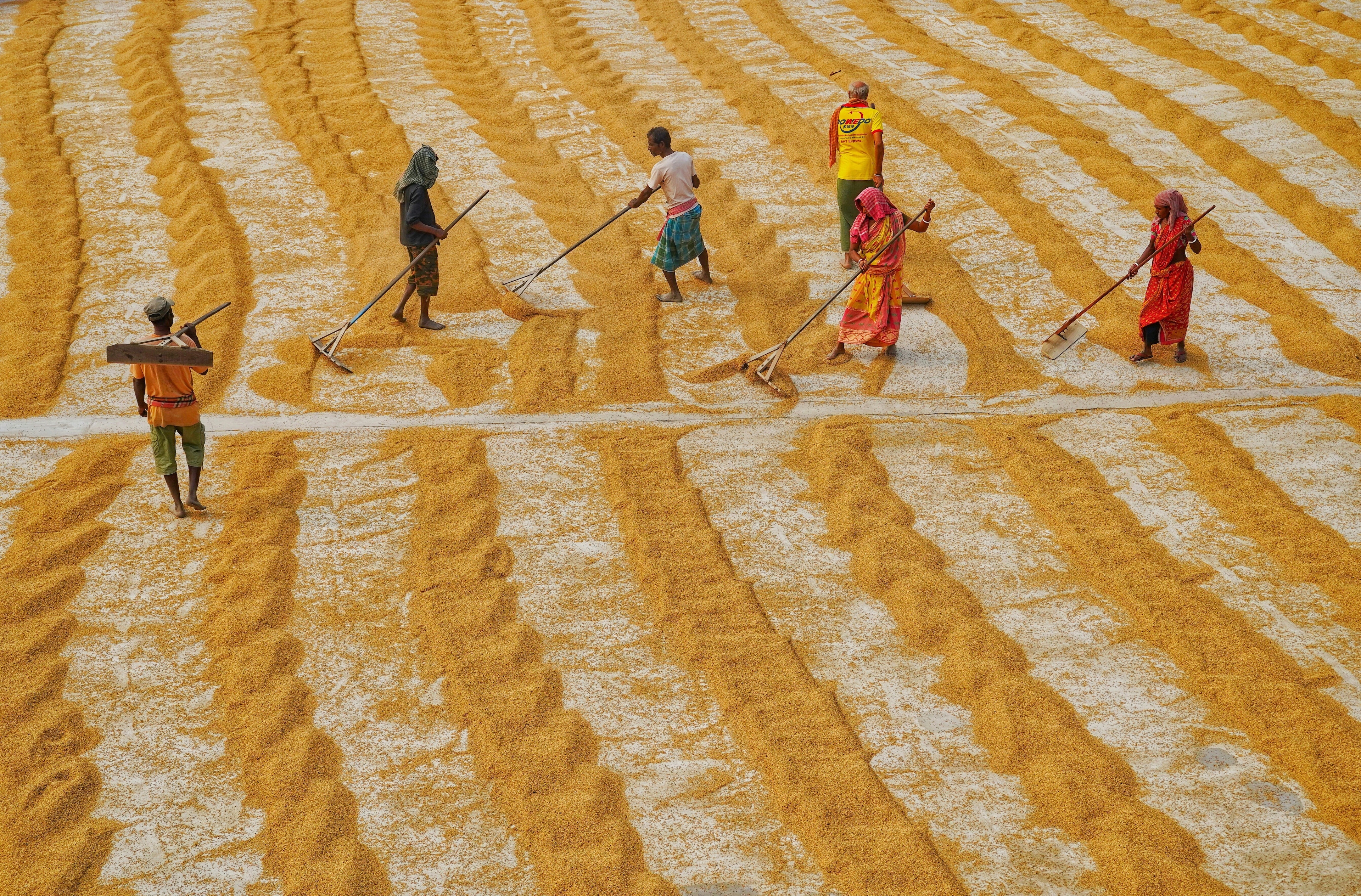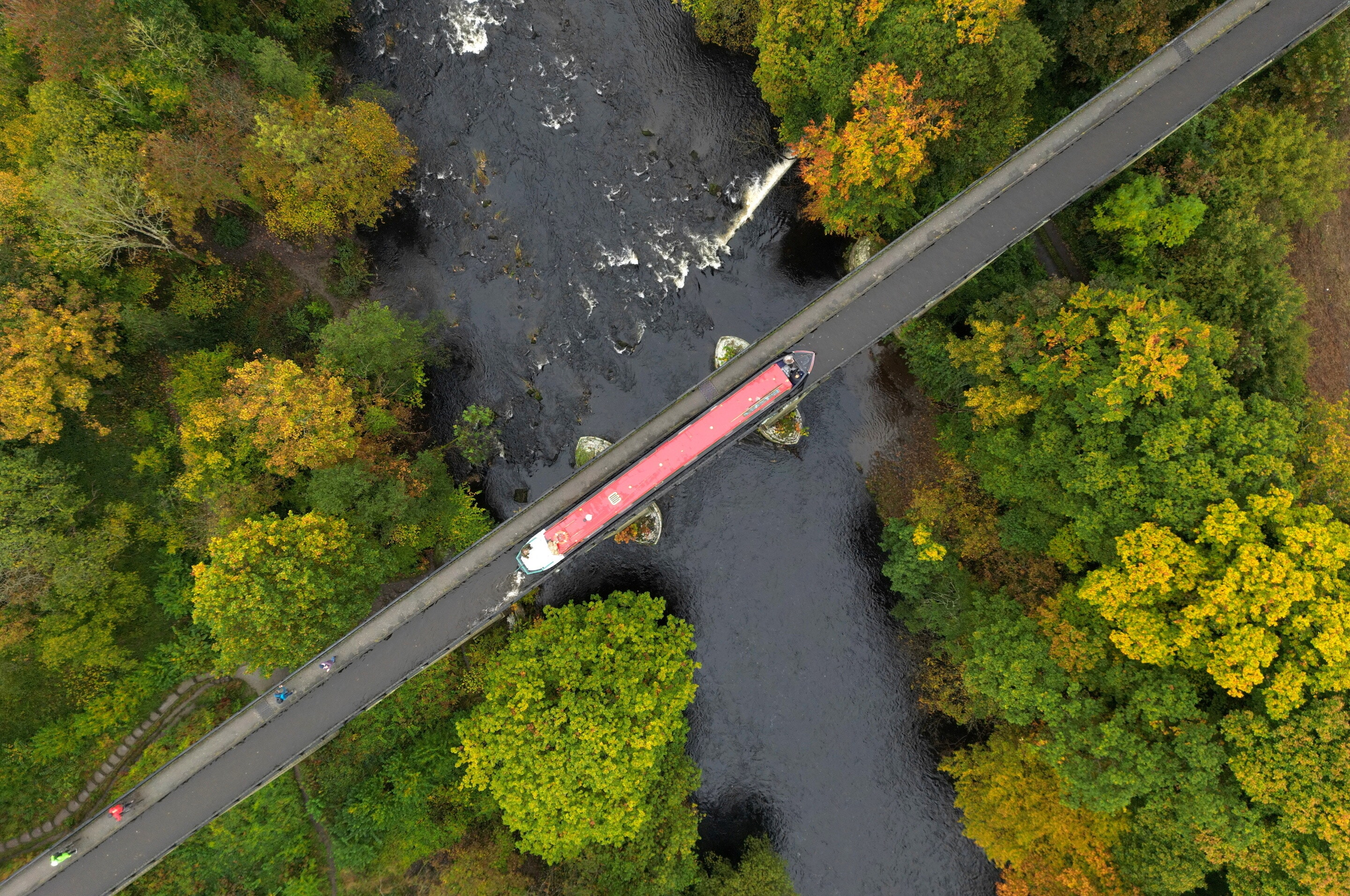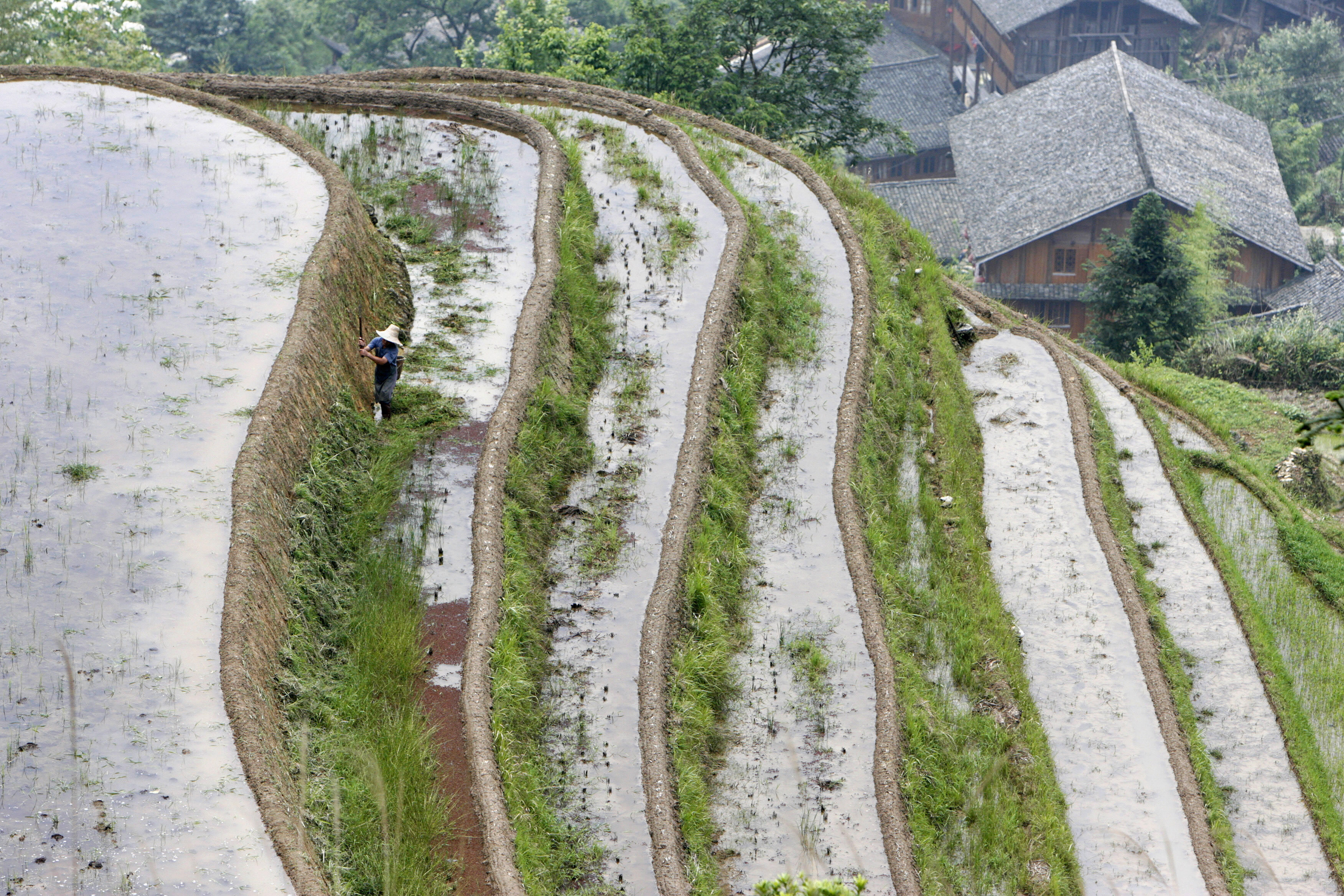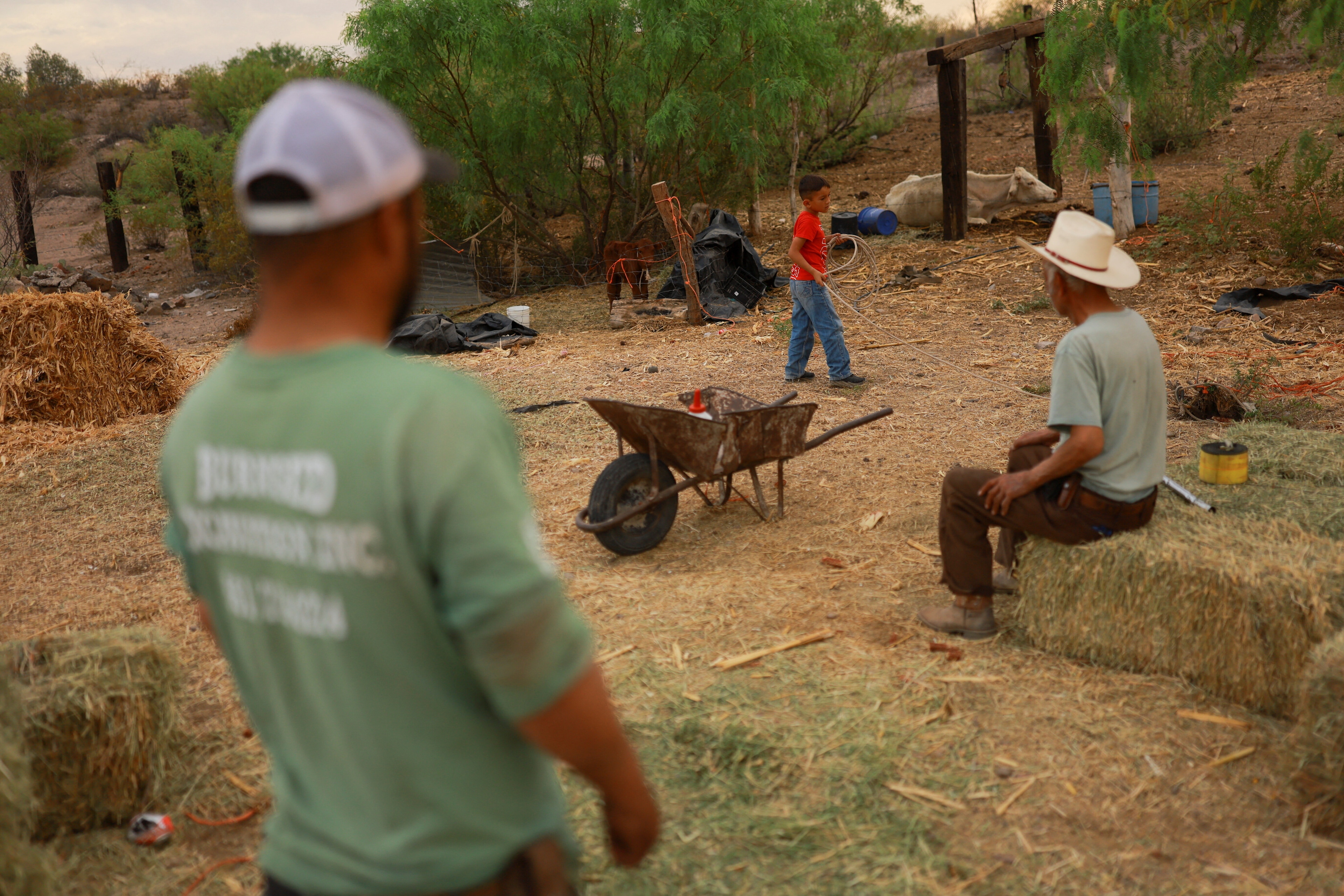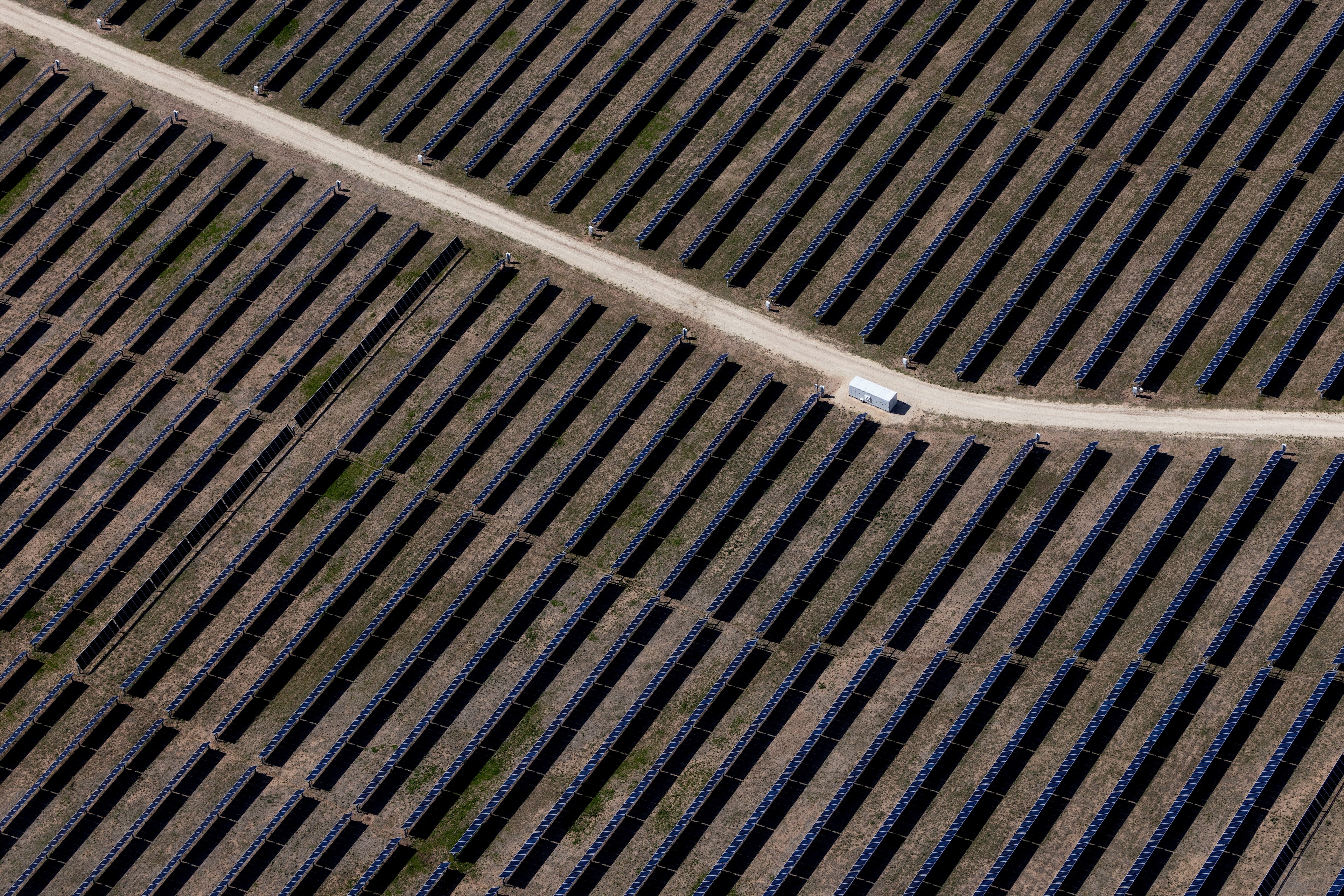What is groundwater, why is it critical for life on Earth, and what do we need to do to protect it?

Groundwater is water that has found its way down from the Earth’s surface.
Image: Pixabay/geoworld
Stay up to date:
Fresh Water
- Groundwater is water that has found its way down from the Earth’s surface into the cracks and spaces in soil, sand and rock.
- It is a critical source of drinking water and a key resource for agriculture, industry and natural ecosystems. However, groundwater supplies are under threat from overuse and pollutants.
- Legal protections and increased monitoring of this resource are needed, several institutions argue.
Can you think of something that you can’t see but that is essential for life? You probably thought of oxygen, but another correct answer would be groundwater.
Groundwater is water that has found its way down from the Earth’s surface into the cracks and spaces in soil, sand and rock. Almost all of the world’s liquid freshwater is groundwater, according to the Food and Agriculture Organization (FAO) of the United Nations, making it a vital component of life on earth.
The empty underground spaces that groundwater fills up are known as saturated zones – spaces that sit beneath the water table. The water then travels down until it reaches an impenetrable layer of rock, from where it flows back out of the ground through formations of rock and sediment called aquifers.

Natural outlets for groundwater include springs, streams, rivers and oceans, but it can also be released artificially through wells drilled into aquifers. The time groundwater spends underground can range from a few days to thousands of years.
Why is groundwater important?
The FAO describes groundwater as “the invisible ingredient in food”, and the US Geological Survey says it is one of the world’s most important natural resources.
Around 70% of the world’s groundwater is used in the production of food, livestock and industrial crops, and roughly a third of the water used in crop irrigation is groundwater.
Accept our marketing cookies to access this content.
These cookies are currently disabled in your browser.
People living in drier parts of the world depend almost exclusively on groundwater for their water supplies. In the US, groundwater supplies at least 50% of the freshwater for eight states – most dependent is Mississippi, with 84% – and overall it accounts for just under a third of the country’s freshwater use.
India is the world’s largest user of groundwater, accounting for a quarter of the global total, according to the World Bank, and North America and South Asia are most reliant on the resource for irrigation.
Our natural ecosystems also need groundwater, as it ensures water flows to wetlands and streams.
And many industrial processes use groundwater resources – typically those where water quality is important, but where access to surface water is limited. These include manufacturing, mining, oil and gas, energy generation, engineering and construction.
Groundwater concerns
Reliance on groundwater is increasing at a rapid pace and, in many areas, it is being extracted faster than nature can replenish it.
Part of the cause is increases in food production. The FAO says production will have to rise by 50% by 2050 to meet the demands of a global population predicted to reach 9 billion.
What is the World Economic Forum doing to help ensure global food security?
Another concern is pollution. Chemical and organic fertilizers used in agriculture can pollute groundwater, and experts are worried this is threatening human and ecosystem health. Scientific journal PNAS estimates that up to half of these pollutants may reach the groundwater table.
Overuse is another part of the problem, with more groundwater being drawn from aquifers than is being resupplied to them by rain and snow. Continuous overuse can reduce long-term groundwater levels, threatening groundwater-dependent ecosystems such as springs and plant communities.
What’s the solution?
It’s vital to protect groundwater against pollutants, the FAO says, and suggests improved monitoring.
“Sustainable groundwater use requires continuous monitoring of water consumption, particularly in irrigation systems serviced from non-renewable aquifers,” it says. “Satellite technologies offer cost-effective opportunities for estimating groundwater consumption and abstraction levels.”
The World Bank too calls for increased monitoring but says the long-term sustainability of groundwater also requires support from influential institutions, as well as legal protection. It suggests pollution should be stopped by setting up protection zones around groundwater abstraction points.
Securing an adequate supply of clean water despite the damaging effects of climate change is one of the world’s most urgent challenges, the World Economic Forum says, adding that many rural livelihoods often depend on agriculture, and therefore groundwater. It calls for better planning and cooperation, increased investment, data analysis and technological innovation to help manage and preserve global water resources.
Accept our marketing cookies to access this content.
These cookies are currently disabled in your browser.
Don't miss any update on this topic
Create a free account and access your personalized content collection with our latest publications and analyses.
License and Republishing
World Economic Forum articles may be republished in accordance with the Creative Commons Attribution-NonCommercial-NoDerivatives 4.0 International Public License, and in accordance with our Terms of Use.
The views expressed in this article are those of the author alone and not the World Economic Forum.
Forum Stories newsletter
Bringing you weekly curated insights and analysis on the global issues that matter.
More on Food and WaterSee all
Aurora Matteini and Derek Baraldi
August 6, 2025
Mauro Gianni and Isidora Kosta
August 4, 2025
Hu Xiangdong and Felipe Carazo
August 1, 2025
Jose Ignacio Galindo and Nicolas Wertheimer
July 24, 2025
Arunabha Ghosh and Jane Nelson
July 22, 2025



